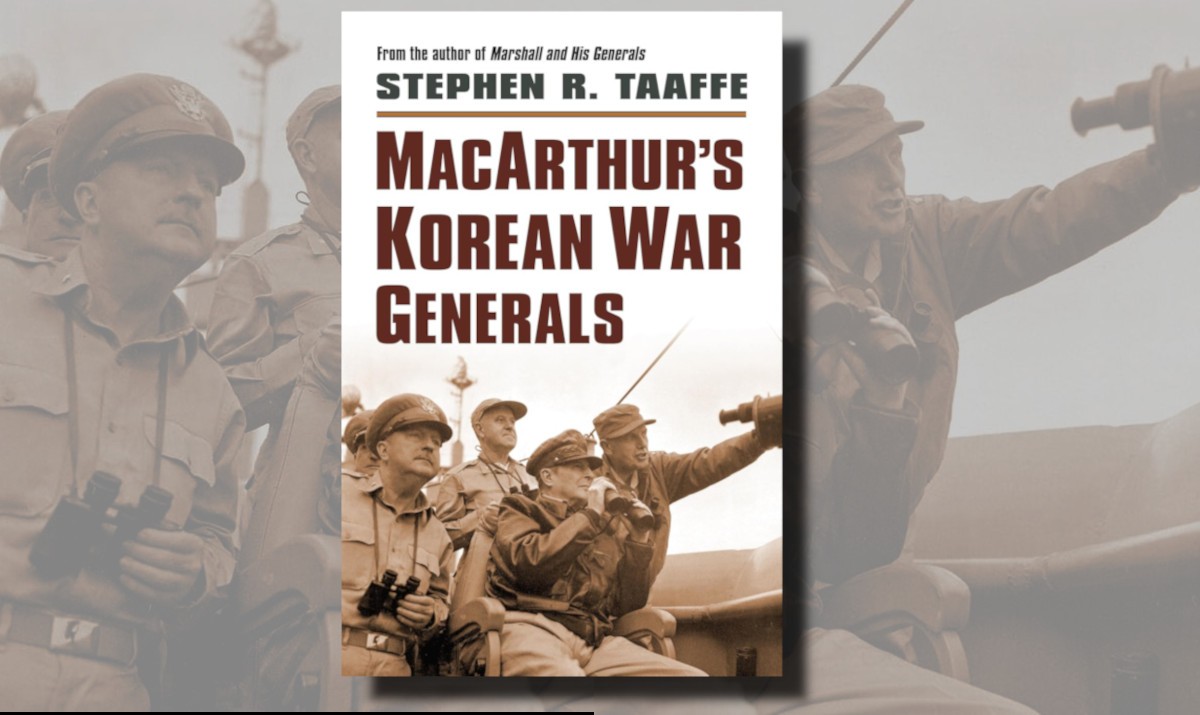Book Review - Robert E Lee: Icon for a Nation
Robert E Lee: Icon for a Nation
Written by: Brian Holden Reid,
pbk, Prometheus Books, 2007,
ISBN: 9781591025856, 271 pp.
Reviewed by: Scott Hopkins
Any study of General Robert E Lee confronts the interplay of myth and historiography. Lee, a Southern hero of the US Civil War, was almost deified in the ‘Lost Cause’ revisionist process in the second half of the nineteenth century. Interest in the Civil War has not faded, demonstrated by the crowded summer tourist trail around Virginia and Pennsylvania. Nor is it a peculiarly American fascination, for this war sits astride the Napoleonic and Industrial Ages of war, the first modern war. Schools of thought, on Lee specifically and the Civil War generally, have emerged and engaged over the last 150 years. Facts, opinions and the spectrum of soldierly and scholarly interpretation still contend.
Brian Holden Reid, Professor of American History and Head of the Department of War Studies at King’s College, London, is clearly in the pro-Lee camp. He describes Lee as ‘the perfectly attired and stately beau sabreur’—this is not a dispassionate study, but neither is it self-serving. Lee’s gentlemanly demeanour and equanimity go to the heart of his command and leadership style, something Holden Reid both challenges and explores. He considers the key issues around Lee’s command with an even hand, such as Lee’s failure to remove incompetent subordinates, not afraid to criticise or condemn where he sees folly or foible. A picture emerges of a modern commander, empowering subordinates with an ethos of what the Australian Army calls ‘mission command’, but also a general focused on outmoded battles of decision and employment of line and column against Ernst Junger’s ‘storm of steel’.
Holden Reid neither subscribes to the school of thought that transfers culpability for Lee’s failures to his subordinates, such as James Longstreet (‘an easy scapegoat’), nor does he seek singular reasons or explanations (‘Gettysburg was a battle that Lee could and should have won’). This biography takes issue with the complexity facing Lee, not blaming or excusing but identifying and clarifying. The fateful days in July 1864, when Lee threw the Army of Northern Virginia at prepared Union defences at Gettysburg, get a careful and patient treatment. Holden Reid criticises Lee’s failure to learn from earlier experiences, such as Malvern Hill or Antietam, and builds a convincing explanation as to the causes and factors of this great military tragedy. Moreover, Holden Reid deftly avoids a common trait of other books about Lee, Grant and the Civil War—that pernicious trap of ‘what if’. He does not indulge in historical counter-factuals or musings on ‘what might have been’ or ‘if only’, a sure sign of considered scholarship and reasoned analysis.
Whether the Confederacy could have prevailed in the war has not been decided with more than 150 years of historiography; all we know is that General Robert E Lee did a remarkable job in challenging circumstances, and his relevance to commanders continues today and into the future. Brian Holden Reid has produced an accessible, fascinating examination of a complex leader that will be of interest and use to the contemporary military audience. Lee embodies the operational commander, constrained by strategic imperatives and encumbered with tactical realities: ‘Lee still ranks among the very finest of American generals, for like his hero, Washington, he managed to achieve much with the most meagre resources.’



